hindu Festivals & Rituals
July

Maun Amavasya (9th February)
Maun Amavasya, and what it means.
‘Maun’ means silence, and ‘Amavasya’ means new moon or no moon. Unlike most vibrant Hindu festivals, Maun Amavasya celebrates the darkness of nature with silence.
People practice ‘Maun Vrat’ - a vow of silence, aligning it with the moon cycle. It is mainly practiced by Yogis (Yoga practitioners) in India.
This day is named after the sage Manu who, according to Hindu scriptures, meditated in silence for penance and forgiveness.
Maun Amavasya - Wellness Rituals

Maun Amavasya (9th February)
Cleanse & meditate: traditionally, the first thing to do on this day is to wake up during sunrise and take a river bath. Then meditate while chanting a mantra of your choice.

Give yourself a break: Maun Amavasya is a day to take a break from the daily hustle of life, practice silence, and gather your energy back.
As the energies in nature are believed to be dark on this day, people try not to do anything important
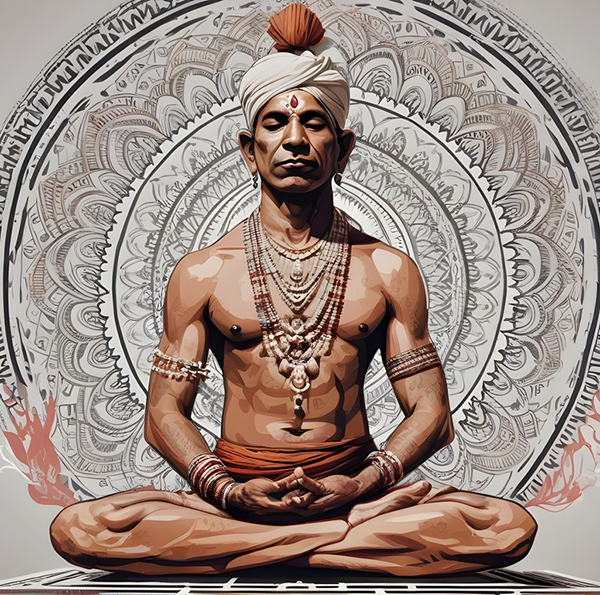
Maun Amavasya (9th February)
How You Can Participate
Activities: This is a great day to meditate, chant, or practice and focus on breathwork
At Home : This is a great time to do a digital detox. To not interact online or otherwise and be silent. Therefore, conserving & recharging your energy
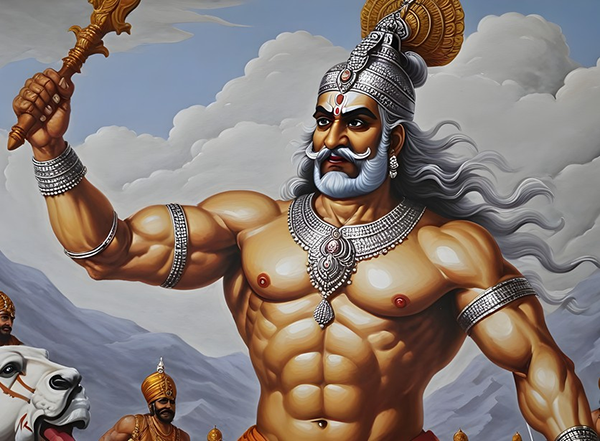
Bhishmma Ashtami (16th February)
Bhishma Ashtami
Bhishma was a demigod is the Hindu epic called ‘Mahabharat’. He is the son of the river Goddess ‘Ganga’ and King Shantanu. He is one of the greatest figures in the holy books of the Hindus. Known to be the most dutiful son, prince, guardian, and a great warrior. His selfless vows to maintain celibacy and look after the kingdom brought him many boons from his parents.
‘Bhishma Ashtami’ is celebrated to honor him, and just like him, receive blessings from one's ancestors to aid difficulties in one's life. This festival is mainly celebrated in the southern part of India.
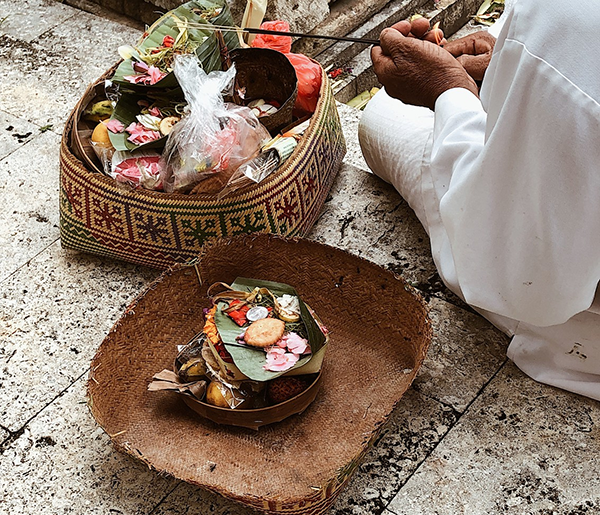
Bhishmma Ashtami (16th February)
Offer And Receive
Offerings: On this day people fast and offer boiled rice and sesame seeds to their ancestors at the banks of holy rivers.
These offerings are in honour of their ancestors, so their souls may have peace and they may bless their survivors and look after them during difficult times.
Wish to receive: On Bhishma Ashtami, couples honour the demi-god Bhishma, so that they may receive children that are as dutiful and honourable.

Bhishmma Ashtami (16th February)
Wellness Practices - Bhishma Ashtami
Detachment
Bhishma sacrificed and detached from all desires in order to fulfil his duties.
This is a great day to practice detachment. Detach yourself from the fruits of your work, from anything that makes you anxious or upset. It is time to fulfil your duties but detach from their outcomes.
Give Back
Bhishma Ashtami is a great day to give offerings to animals or donate to causes and to honour your ancestors.
Happiness studies have shown that those who give back to society are often happier.
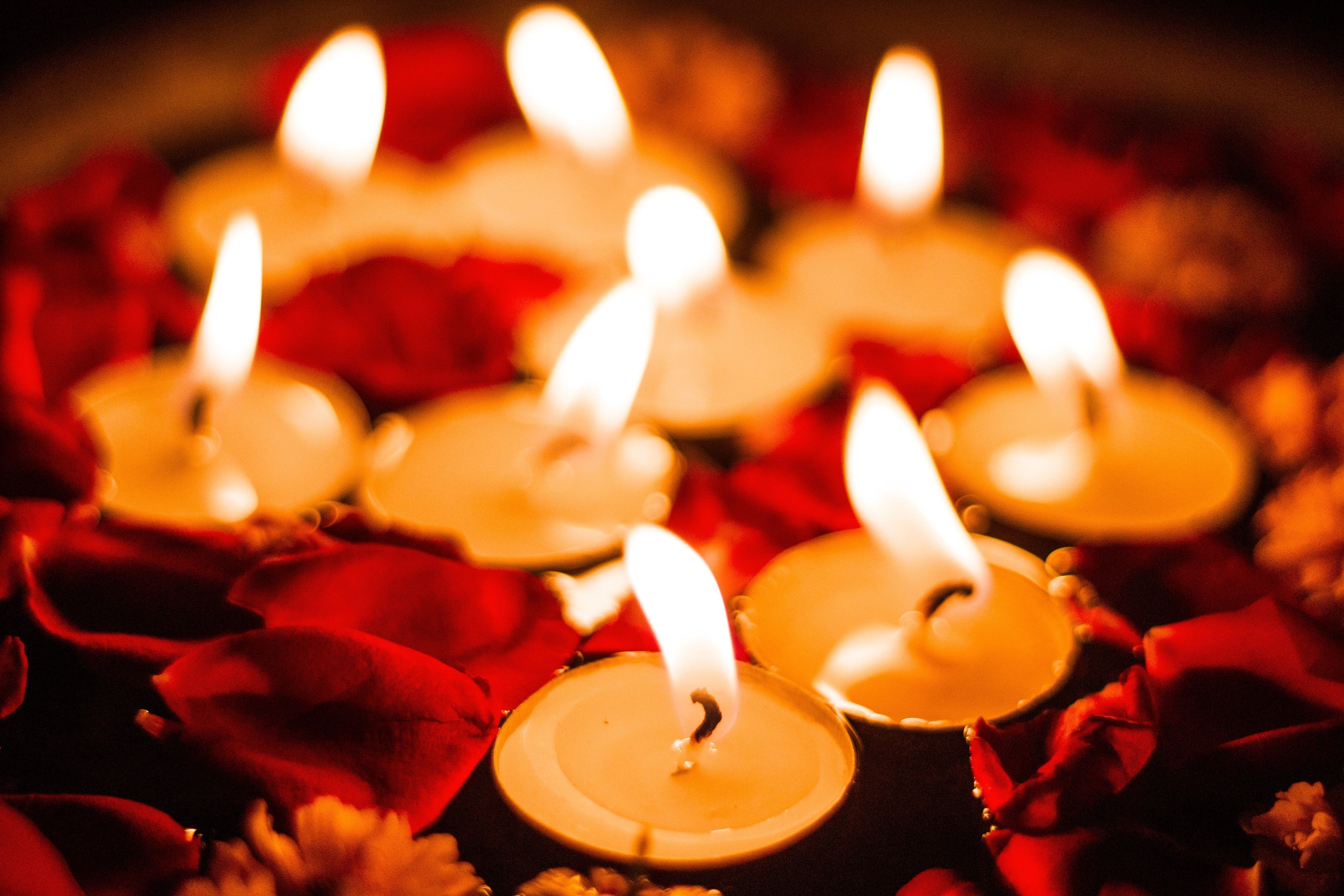
Bhishmma Ashtami (16th February)
How You Can Participate
Activities: Light a candle to honour your ancestors and those in the spiritual realm who look after you. Offer to volunteer or donate to your local charity or animal shelter.
At Home: Spend time with your family. Meditate and bring your mind to the present. Detach from past worries and future anxieties.
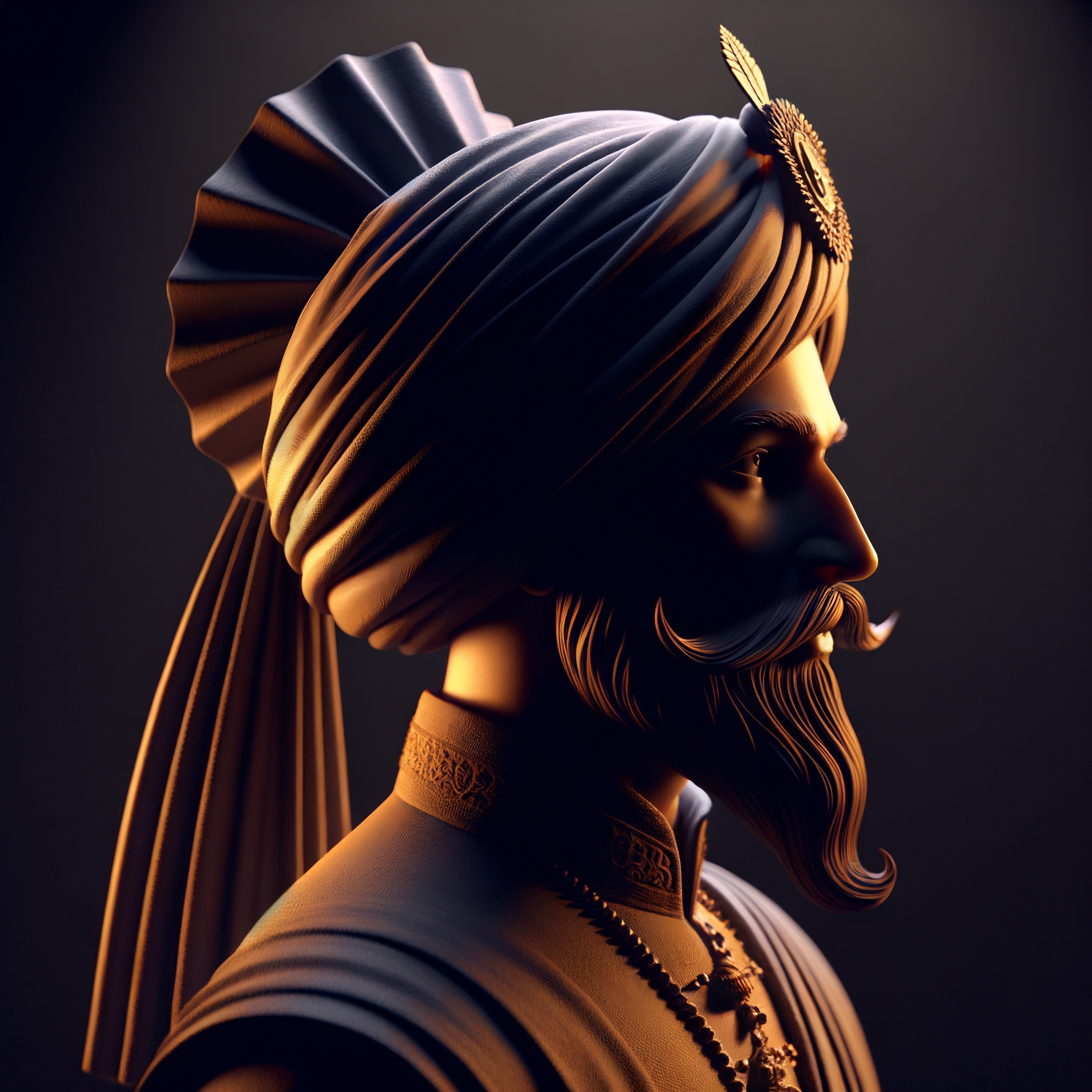
Shivaji Jayanti (19th February)
Shivaji Jayanti & What It Means
Shivaji Jayanti is celebrated in honour of the Indian Maratha King named Shivaji or ‘Shivrai’ as many love to call him. He re- established indigenous governance in the Indian subcontinent. Although not a deity, he is revered as a holy historical figure of sorts sent to protect the indigenous faiths. Many attribute the survival of Hinduism to him.There is also a temple dedicated to him in the Indian state of Andhra Pradesh.
To know why this particular king is so special to the Hindus, one must know that most of the Indian subcontinent at the time was under what some historians consider, the most brutal Turkic rule of all time for 300 years. His efficient & righteous governance in alignment with Hindu principles, after such dire times, makes it hard to not admire him.
Shivrai is not only regarded as a king of the past, but a thought, a purpose and, taking pride in your own identity. And this is the main focus of this celebration.
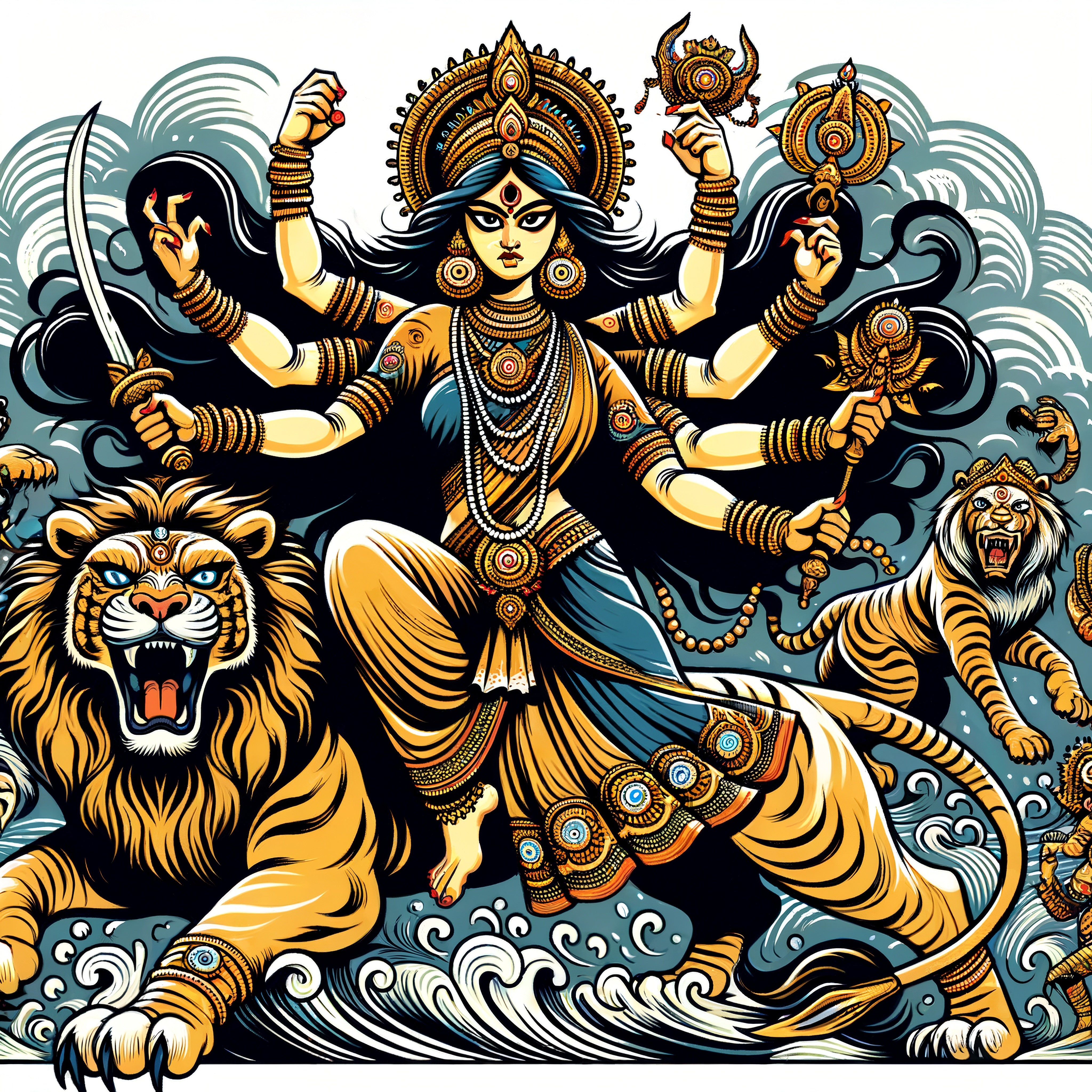
Shivaji Jayanti (19th February)
Bhavani - The Goddess Of War
The Goddess Bhavani-an incarnation of the Goddess of War is often associated with Shivaji. He gave the Goddess of War all credit for his purpose and strategic approaches to achieve his goals.
He would often iterate that the Goddess had guided him, and helped him reestablish indigenous rule in various parts of the Indian Subcontinent.
She is the symbol of a Mother who wants her sons to stand up against the wrongs. She is the urge to get up and fight for your desired purpose and goals. A divinity that exists in all of us.

Shivaji Jayanti (19th February)
Themes of Shivaji Jayanti Associated with Wellness
Shivaji Jayanti is a time to reiterate Shivrai’s stories & take lessons from history. He would wear a ‘Chandrakor’-A crescent moon-shaped drawing on his forehead. It was to maintain focus on his goals. So that each time he looked at himself, he’d be reminded of the purpose of this goal. He took his oath and carved it in a stone at the age of 15, such strong was the belief.
We learn that not only should one set goals, but have strong focus and belief in them for them to be manifested into reality. It is also important to remember the purpose of the goal as it is a daily motivator to pursue said goals with determination.
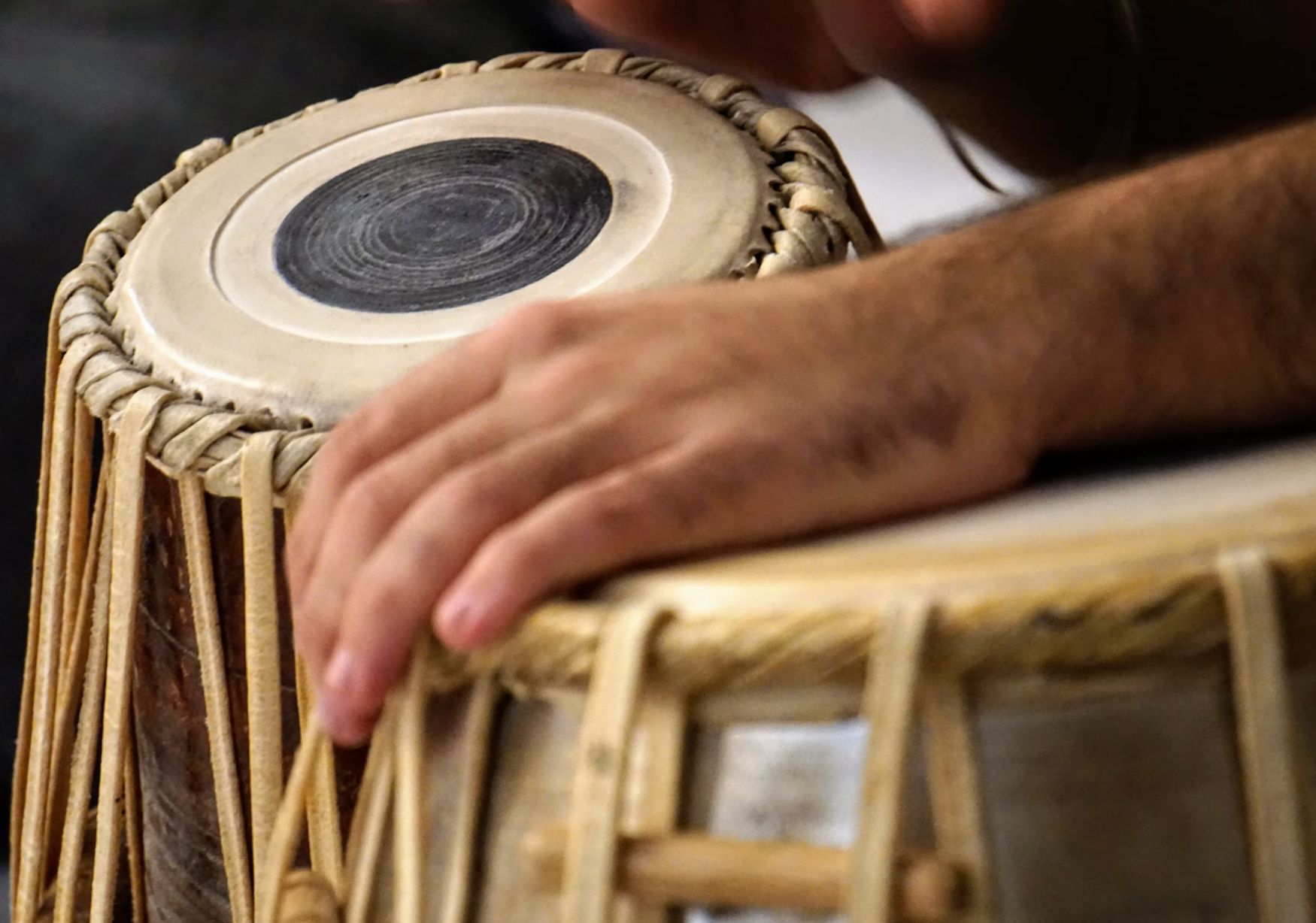
Shivaji Jayanti (19th February)
Taking Pride in Your Heritage & Identity
Traditionally Shivaji Jayanti is often celebrated with cultural events and processions, mainly across the Indian state of Maharashtra. People display their cultural heritage with pride, playing traditional drums, singing and dancing. They express gratitude to Shivaji because of whom, their culture and religion were preserved. And celebrate his victories.
For good mental health, one must take pride in their identity no matter where they come from. It is often considered arrogant to talk about your achievements. However, sometimes it is healthy to talk about, display, or celebrate your achievements pridefully.

Shivaji Jayanti (19th February)
How you Can Participate
Events: Celebrate Shivaji Jayanti by participating in events at your closest Indian cultural societies.
Activities: Visit a museum of your choice or take a heritage walk. Read history books of your choice.
At Home: Write down your goals, set timelines to achieve your goals, and steps you can take in the near future to achieve those goals.

